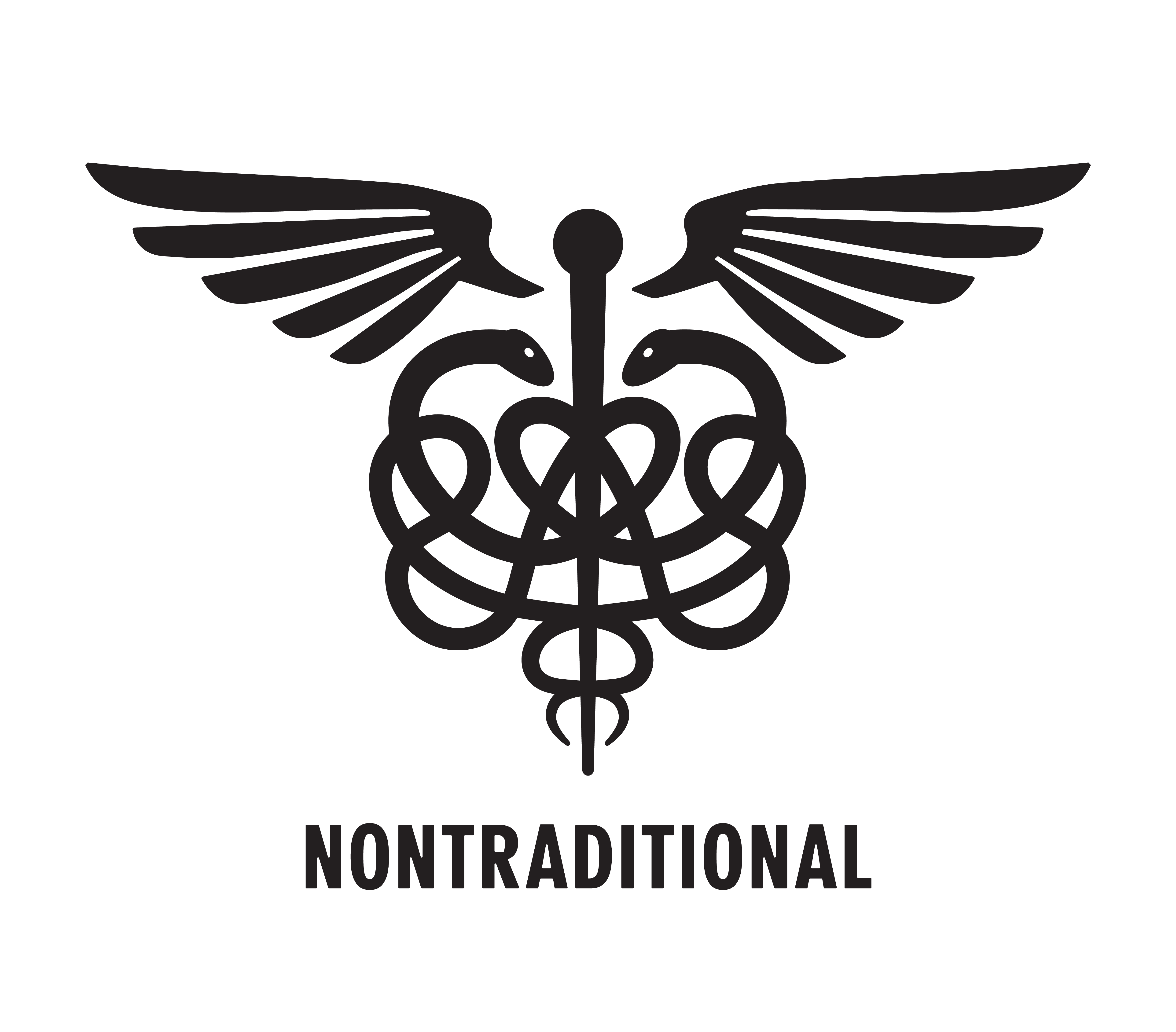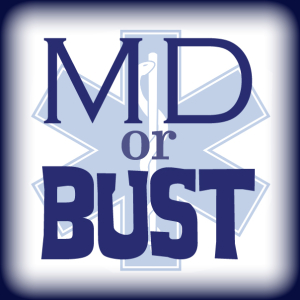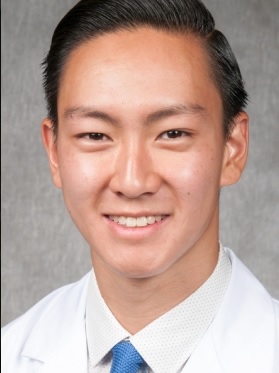As soon as I let the door close quietly behind me, I turned to face the glaring, rude fluorescent lights of the operating room foyer. I felt my pupils constrict against their offensive shine as I ripped down my mask to suck in as much oxygen as my deflated lungs possibly could.
Anxiety defined me more when I denied its existence than it does now that I’ve faced it head-on. Maybe the anxiety helped me get to where I was, but it was a burden I didn’t have to bear — especially not alone. Even knowing how important mental health is as a future physician, it embarrassed me to admit that I might need a prescription to help me cope with my fears and anxieties.
Until recently, vulnerability meant weakness, allowing oneself to fall behind without a chance for recovery. Courage, on the other hand, had the opposite meaning: betting all my chips on prevailing at any cost.
I’ve thought about this for quite a while: / How much I owe to just a smile.
We are looking for dedicated medical students who are engaged and eager to join in-Training as columnists! If you are interested in being a columnist, please reach out to editorinchief@in-training.org and include your column name, column objective (300 words max) and one proposed piece for the column. Columnists must write a minimum of four articles per semester. Archived Columns Pulses of Connection Mili Dave UNC School of Medicine Navigating Different Relationships in Medical School Neha N. …
They say to become truly educated is to begin to realize how little you really know. I used to not understand this — it seemed the more I learned, the more I knew. How could it be different? This changed in medical school. It was only then that I began to feel more and more ignorant with each passing day of my education.
Sunrise on the psych unit. A tentative, yawning flicker, a wash of tired fluorescence, and the hallway shudders to life—or something approximating life anyway.
After four tough years of medical school and student loans, facing down seven more grueling years of training, aspiring neurosurgeons enter a residency interview process that is as bizarre as it is effective.
Whenever I hear the word “burnout,” I’m reminded of the ugly, oh-so-dark side of being a medical student, the side that hides in the shadows, away from the prestige and privilege that comes with the noble profession. Maybe it seems like I’m exaggerating; I mean, it’s just me jumping to conclusions when I associate the feelings of being overworked with the days where I can’t seem to find the bright side of anything, right?
We stood in the shadows, a staggered line of nurses, students and surgeons in matching blue scrubs and masks. It was the middle of the night. Our tired bodies sagged against the walls, our bloodshot eyes dancing between the clock above and the gasping life below. A young man was dying in the operating room. He lay on the cutting table with his arms splayed wide, like a martyred saint stretched upon the cross.
Welcome, Player One! First clerkship. Ready? Go!
LEVEL 1, PSYCHIATRY ACUTE INPATIENT SERVICE, MISSION NOTES: Med student didactics at 0700 daily. Rounds start approximately at 0800. Comprehensive interview with team at bedside. Ask about daily activities and goals. Enter orders while running list. PM schedule varies. Check desk for group session and recreation schedules. Plan to admit at least 8 patients in 3 weeks. Work closely with social services to coordinate disposition.
For most medical students, the third year of medical school is their introduction to life in the hospital. This results not only in exciting learning opportunities, but also emotional tolls — grief, fear, anxiety, exhaustion — that can lead to serious problems including burnout, depression, and anxiety.





